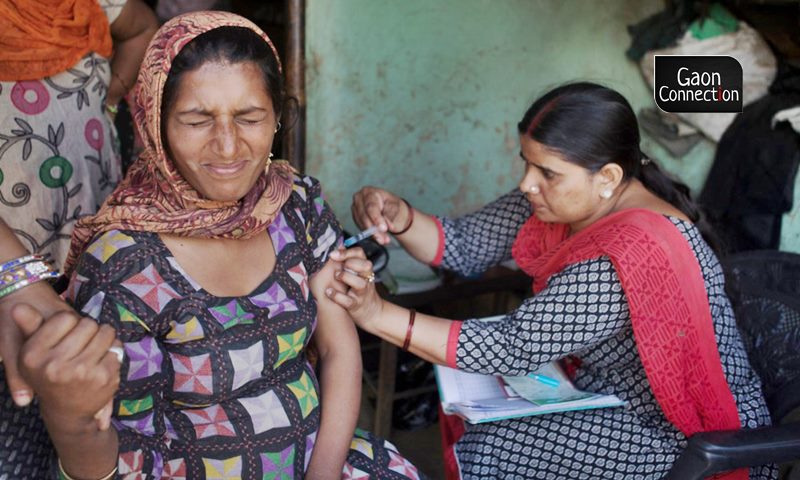With India’s COVID19 vaccination program earning plaudits and no signs of the much dreaded third wave lurking around the corner, a question that has often surfaced is the duration of immunity offered by the vaccines against coronavirus infection.
Various research studies conducted by western universities have concluded that generally, the COVID19 immunity in vaccinated individuals begins to decline after six to nine months of getting the jab.
For instance, according to a research paper published in the online journal ScienceDirect on September 6, 2021, the immunity against the infection begins to wane six months after the recipients received the second dose of Pfizer-BioNTech COVID19 vaccine.
Also Read: Bharat Biotech’s Covaxin gets emergency use approval for vaccinating kids against COVID19
“At 6 months after the second dose, the Spike antibody levels were similar to the levels in persons vaccinated with one dose ,” the research titled ‘Dynamics of antibody response to BNT162b2 vaccine after six months: a longitudinal prospective study’ stated.
Is COVID19 vaccines’ protection temporary?
Researchers opine that lower levels of antibodies after a certain duration does not necessarily mean that the vaccines are ineffective.
According to an article published in the Nature journal, there are three facets of immunity in our bodies — antibodies, T cells ( Thymus lymphocytes) and B cells (bone marrow lymphocytes). A decrease in the antibody levels alone does not rule out the body’s immunity against an infection by SARS-CoV-2 (COVID19) virus.
Also Read: Immune system generates better response if doses of Covishield and Covaxin are mixed: ICMR
“Things wane,” Nicole Doria-Rose, an immunologist at the US National Institute of Allergy and Infectious Diseases in Bethesda, Maryland was quoted in the article. “But not all things wane equally,” it added.
The Nature article stated ‘neutralizing’ antibodies that can intercept viruses before they infiltrate cells might not stay for long durations. “Levels of these molecules typically shoot up after vaccination, then quickly taper off months later. That’s how vaccines work,” the immunologist was further quoted.
But cellular immune responses of the T cells and the B cells last much longer.
Explained: How likely is it to get COVID19 by touching contaminated surfaces?
Another immunologist, Jennifer Gommerman who works at the University of Toronto in Canada, explained in the article — “Cellular immunity is what’s going to protect you from disease.”
Also Read: Despite WHO urging to refrain, US CDC recommends COVID19 vaccine booster shots for all Americans
‘Memory B cells, which can rapidly deploy more antibodies in the event of re-exposure to the virus, tend to stick around, and so do T cells, which can attack already-infected cells. Both provide an added measure of protection should SARS-CoV-2 sneak past the body’s first line of defence,’ the article mentioned.
What about Indian vaccines — Covishield, Covaxin
Meanwhile, a study conducted by the Indian Council of Medical Research (ICMR) concluded on September 13 that levels of antibodies began to drop after four months of receiving both the doses of Covishield and two months after being fully vaccinated by Covaxin.
“But this does not mean that person is not fully protected,” the ICMR scientist Devdutta Bhattacharya, one of the authors of the study, was quoted as saying.
According to the study, the production of vaccine-induced IgG antibodies is significantly higher in Covishield compared to Covaxin. In seronegative individuals, the rate of seroconversion after 28 days of the first dose was 81.9 per cent for Covishield and 16.1 per cent for Covaxin, the study noted.














